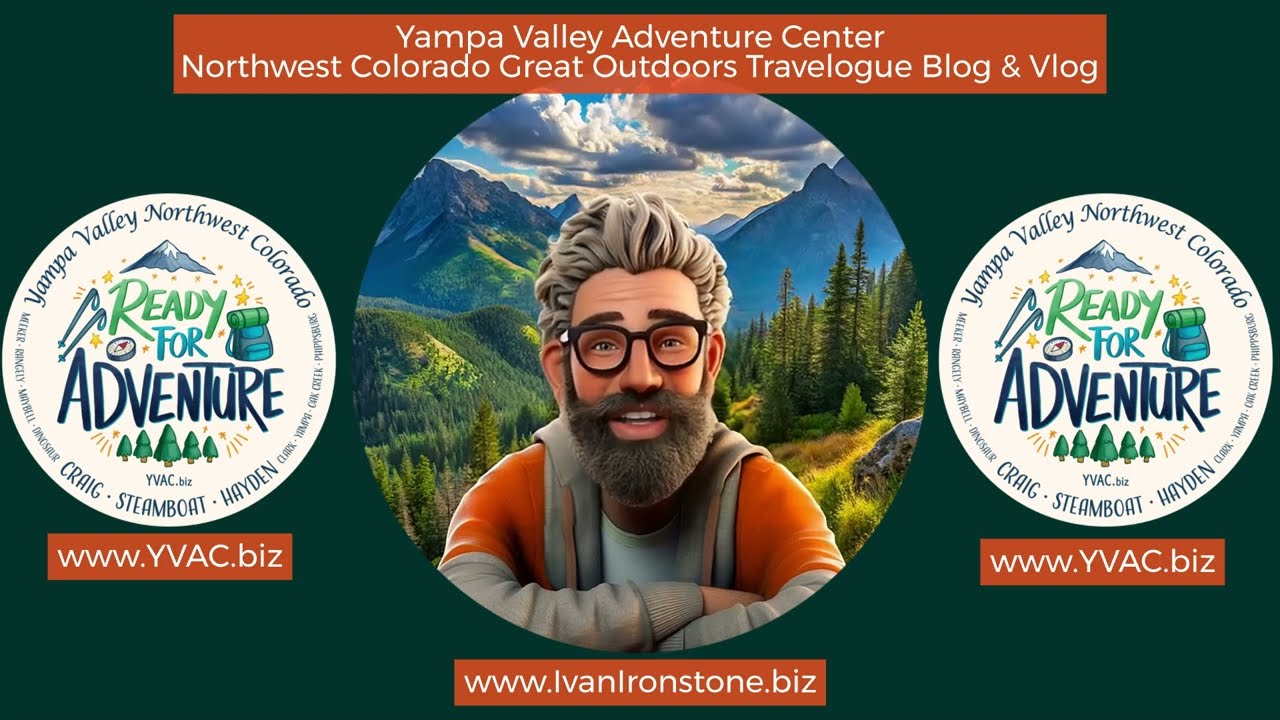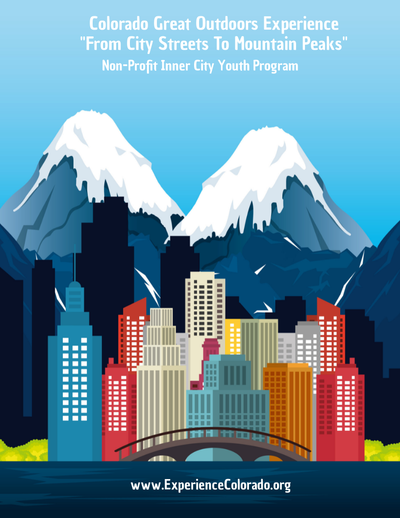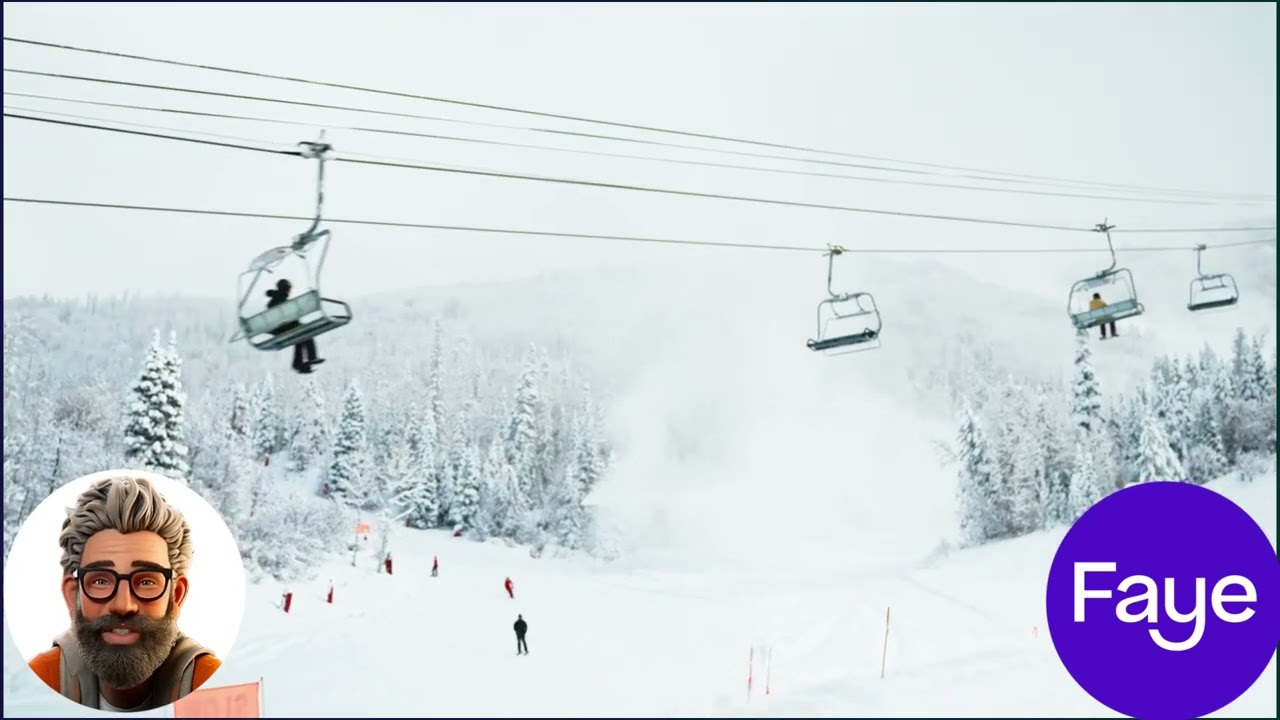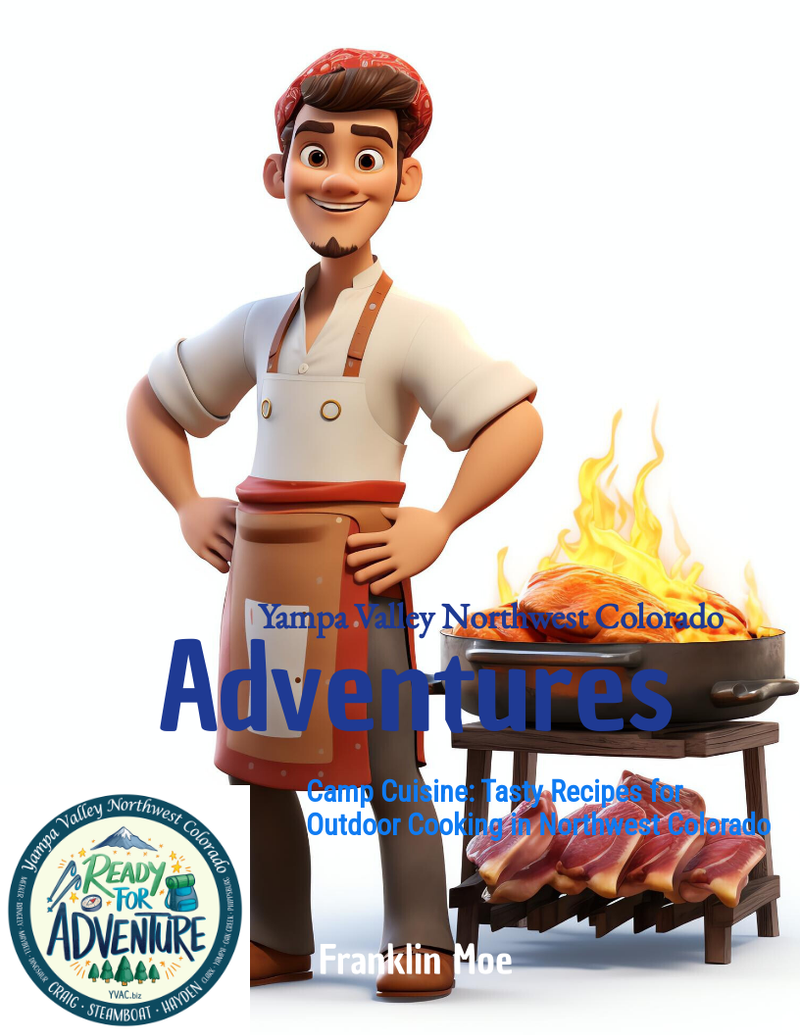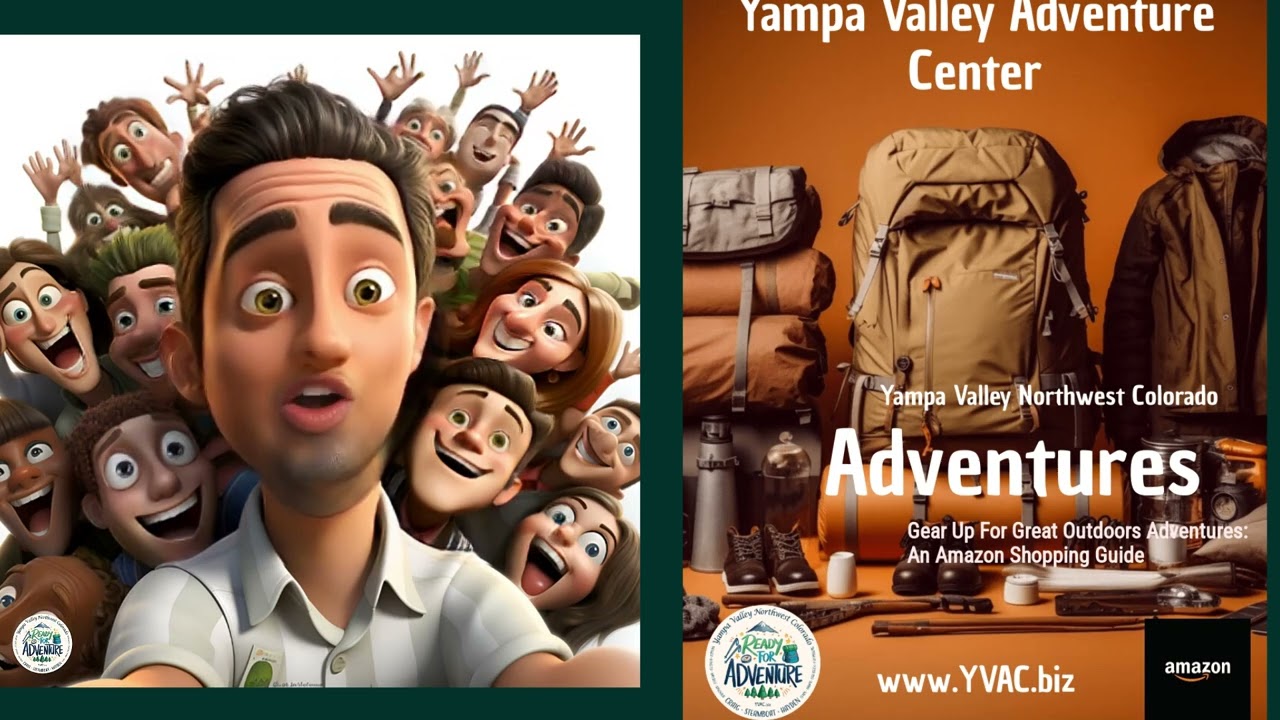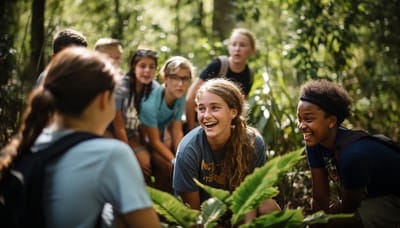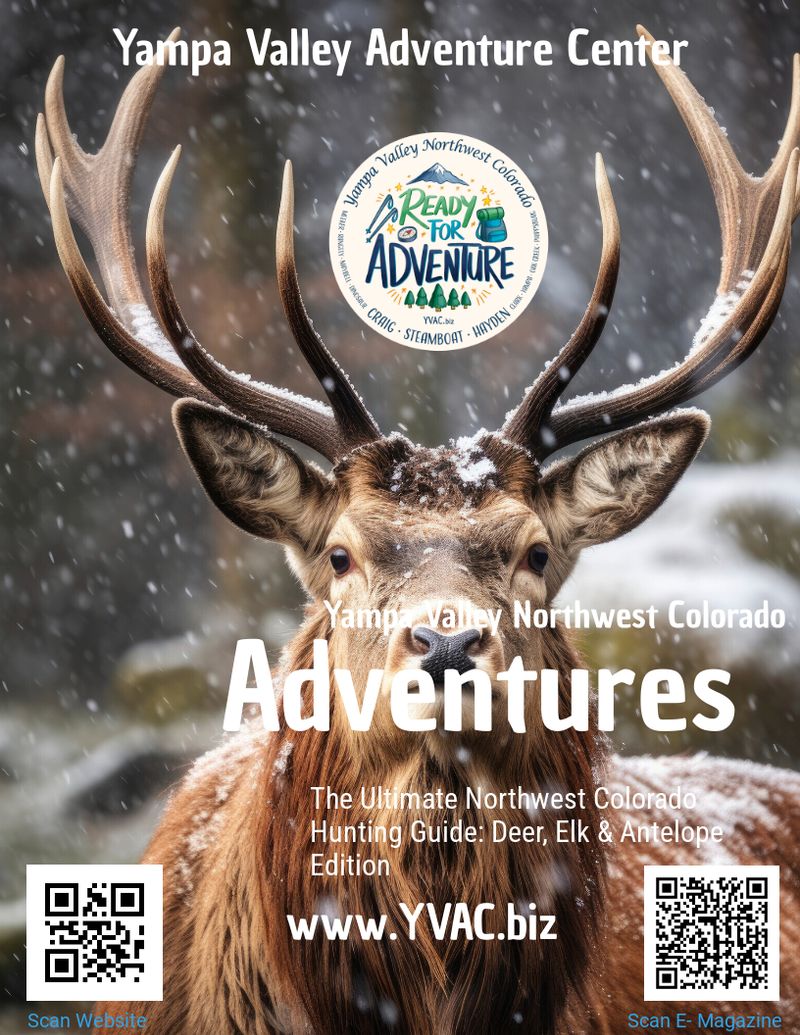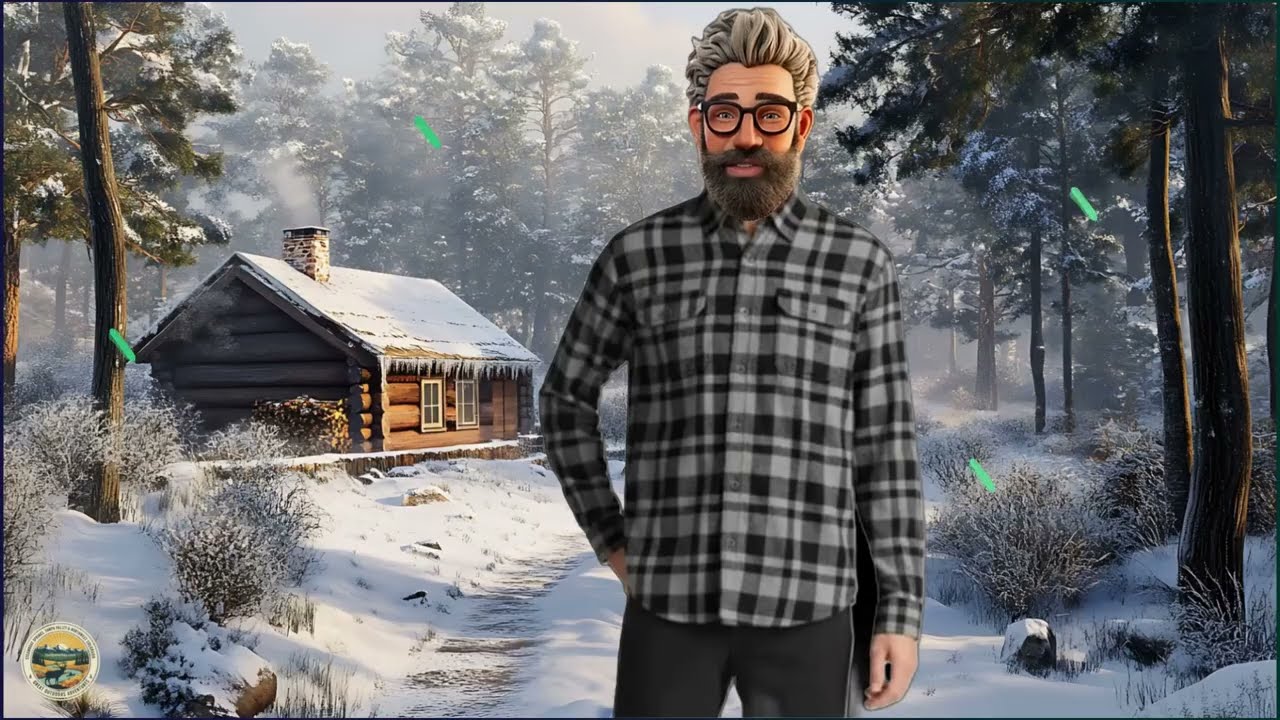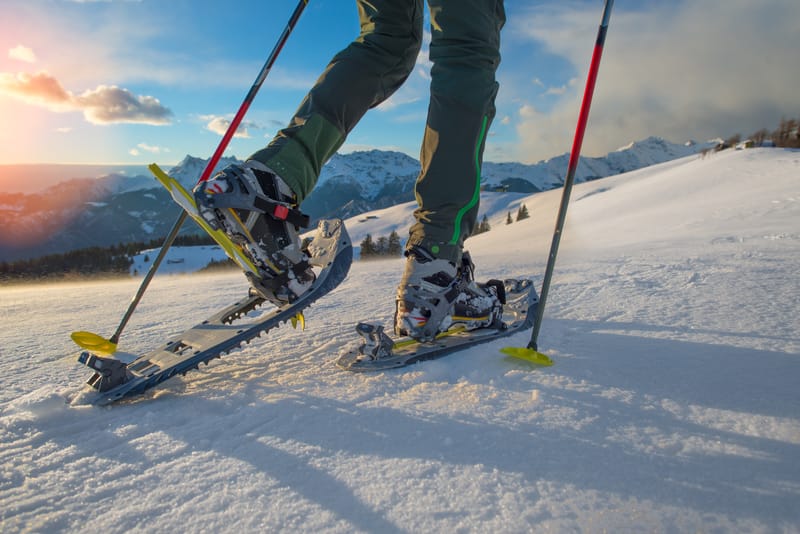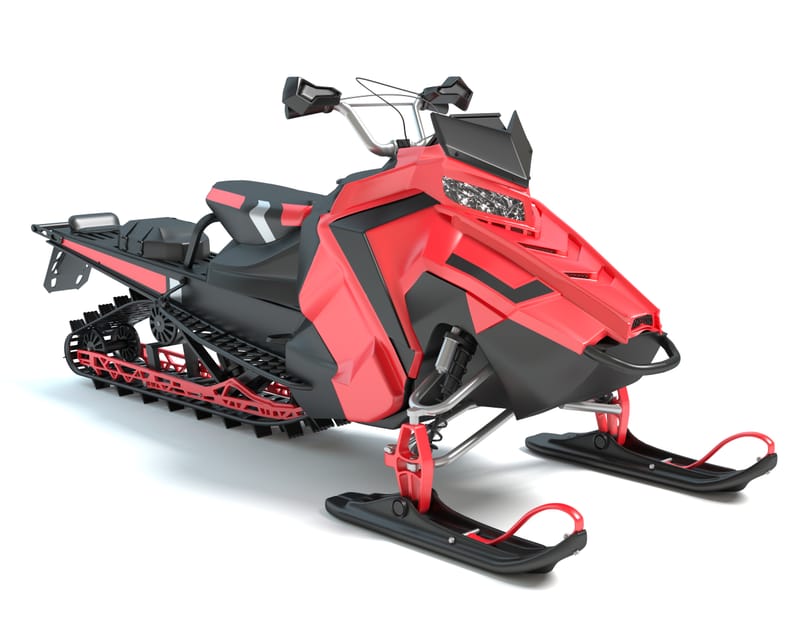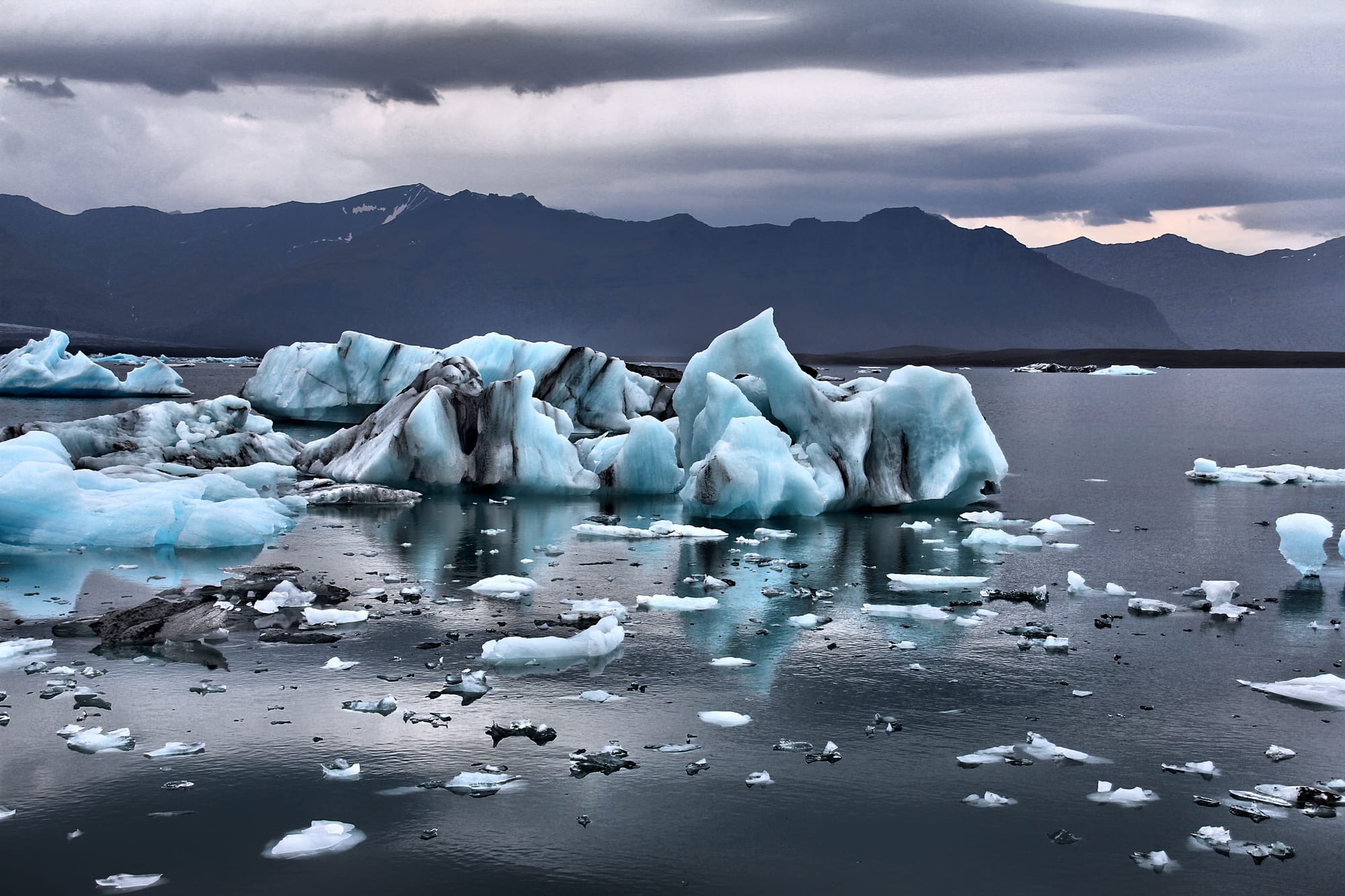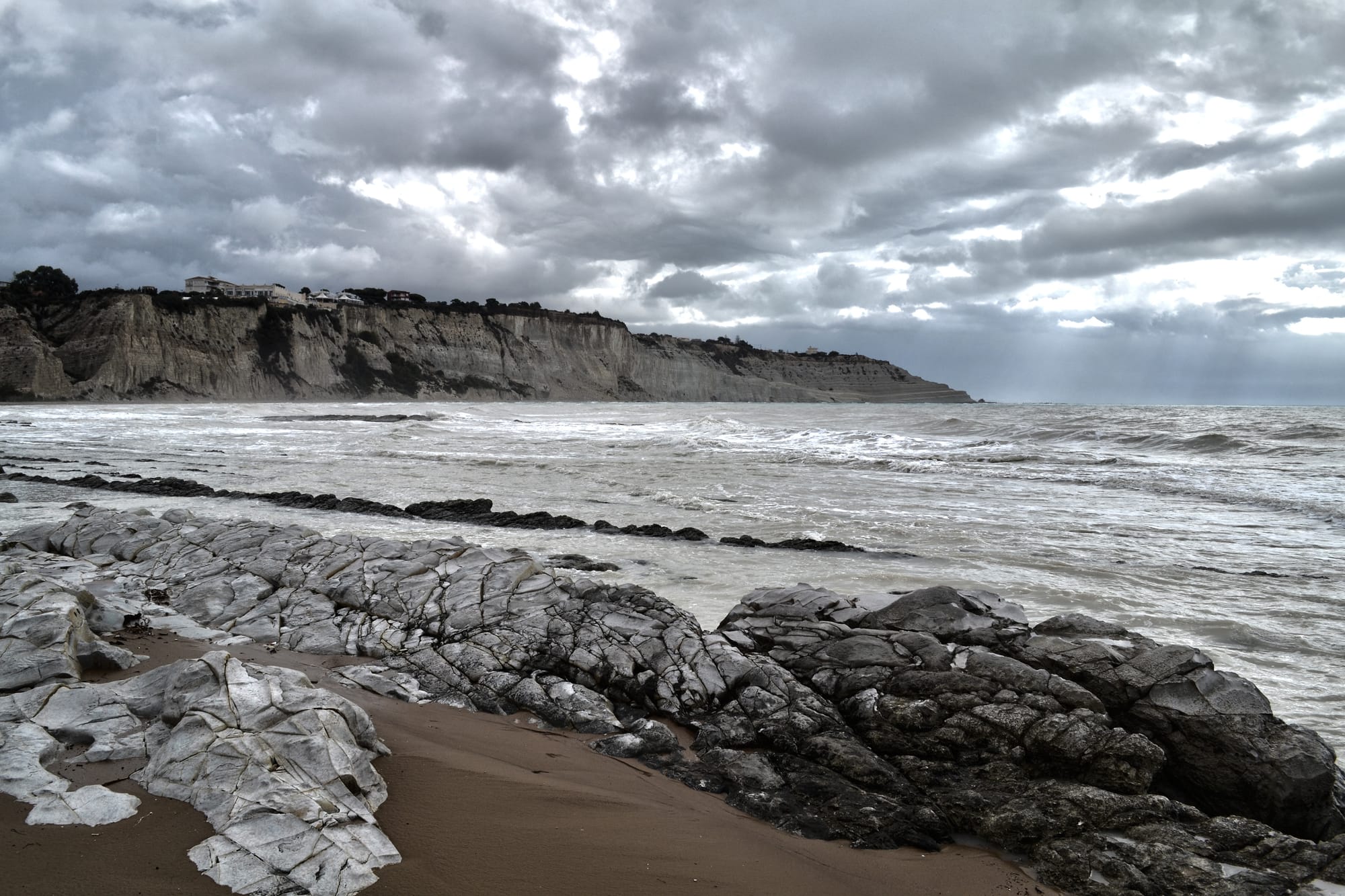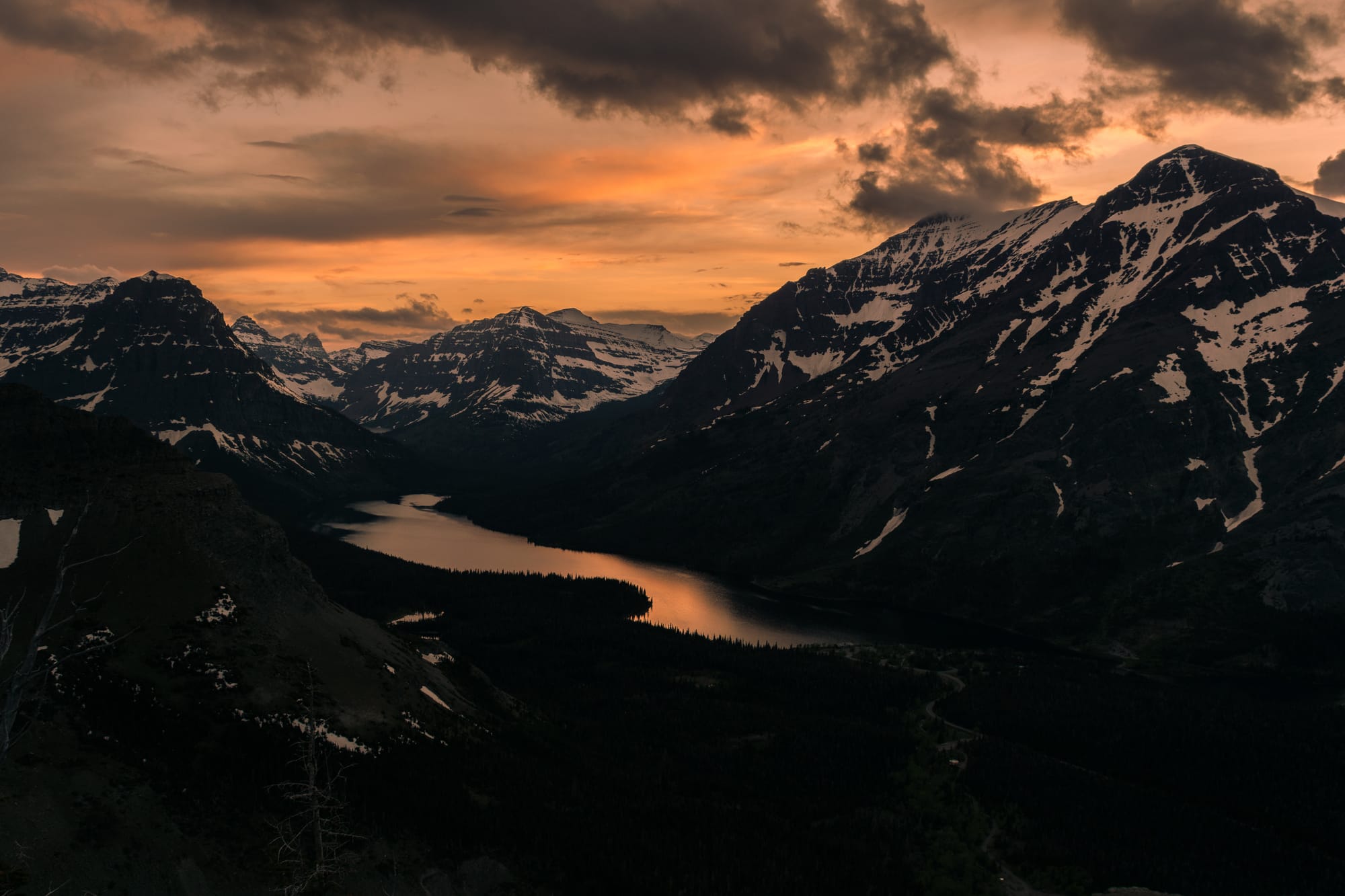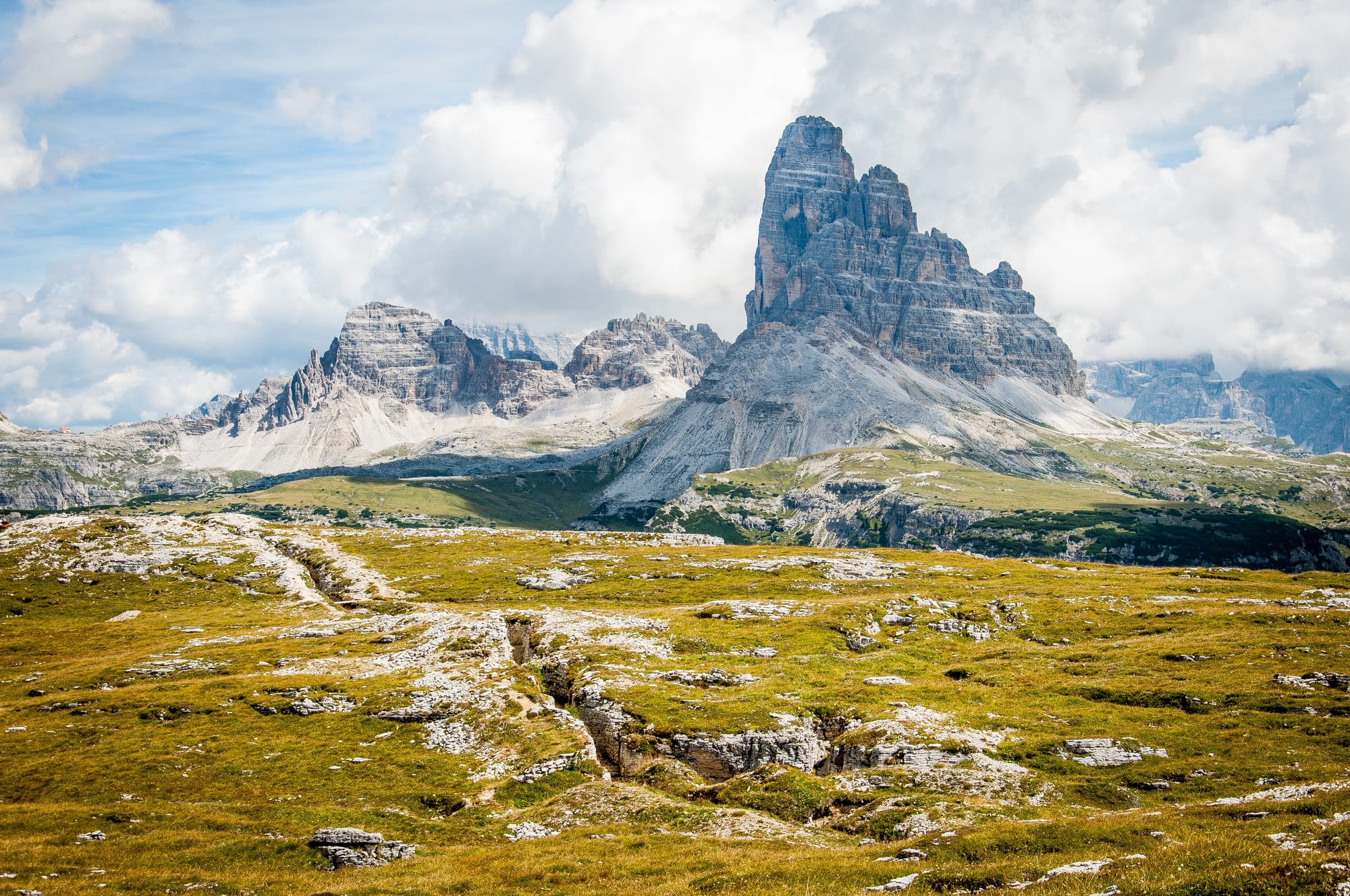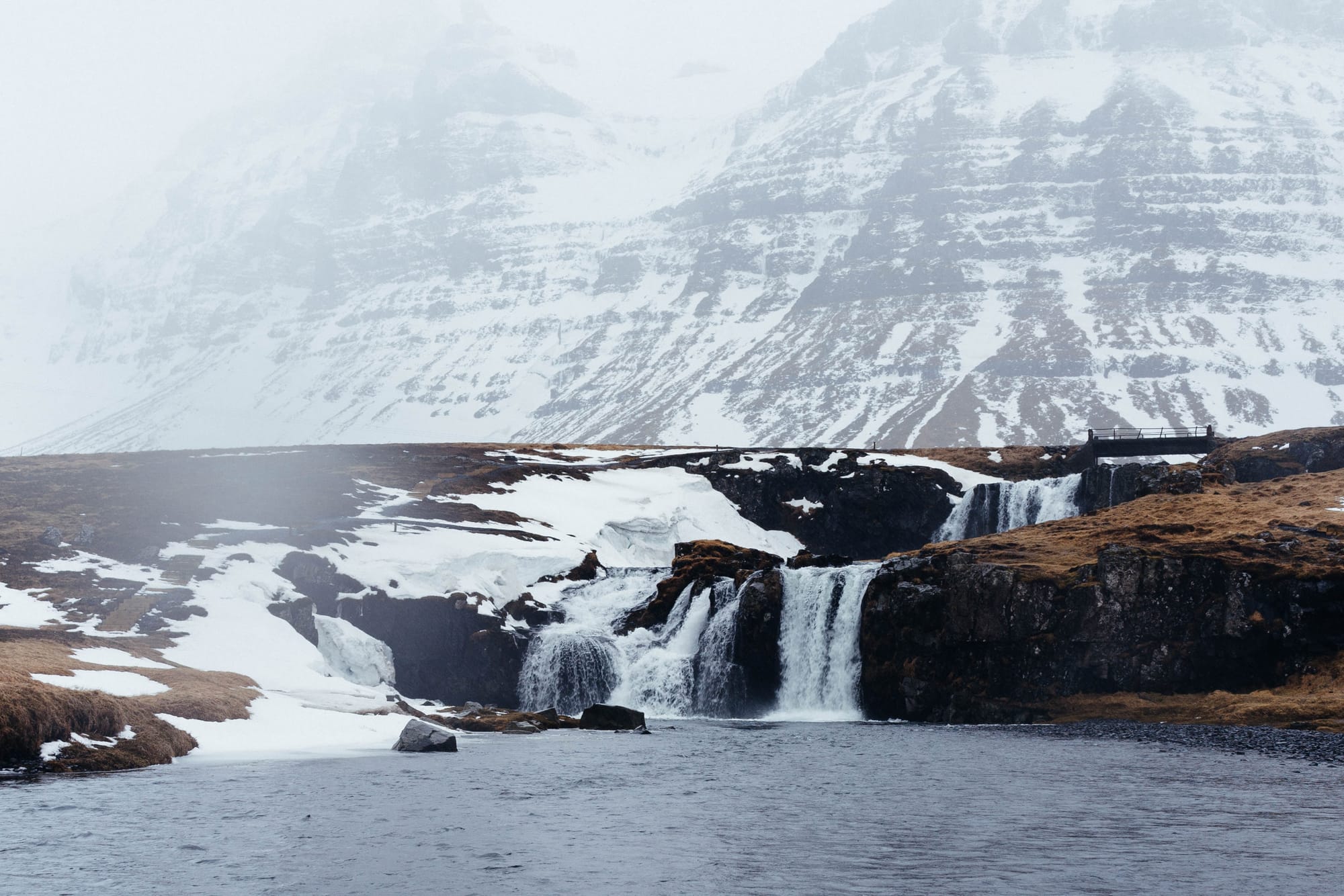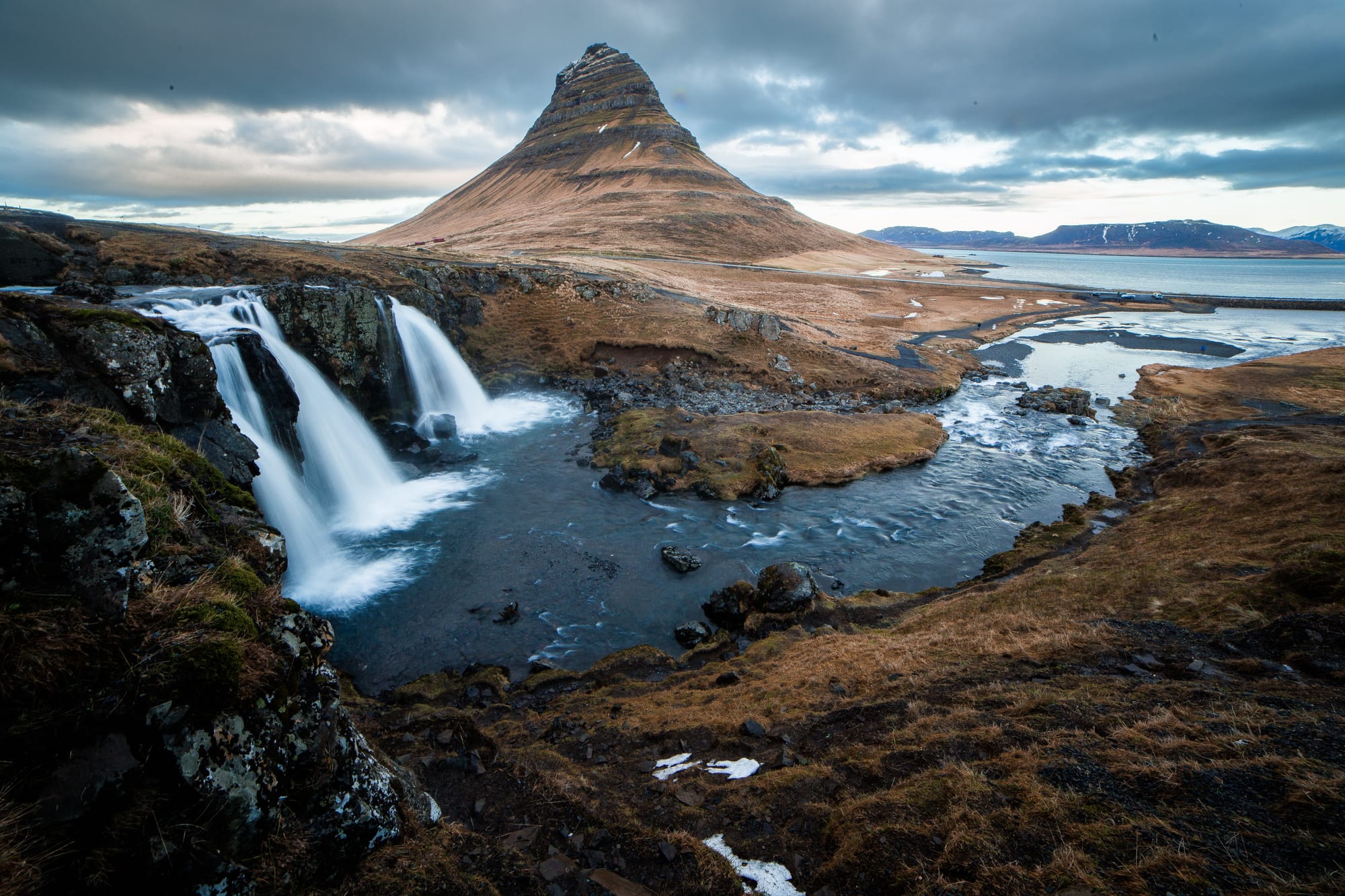**Description:**
The Yampa Valley Northwest Colorado Great Outdoors Adventures Forum serves as a vibrant online community dedicated to outdoor enthusiasts who cherish the natural beauty and recreational opportunities of the Yampa Valley and surrounding Northwest Colorado region. This forum, affiliated with the Yampa Valley Adventure Center, provides a platform for adventurers to connect, share experiences, and exchange valuable insights related to outdoor activities, including hiking, biking, fishing, skiing, and more.
Members can participate in discussions about local trails, weather conditions, gear recommendations, and safety tips, while also sharing personal stories, photos, and videos that showcase the stunning landscapes and thrilling adventures that the area has to offer. The forum is closely tied to the Northwest Colorado Great Outdoors Adventures Travelogue, Blog, Vlog, and Podcast, integrating multimedia content that enriches the community experience and fosters a deeper appreciation for the region's outdoor lifestyle.
**Purpose:**
The primary purpose of the Yampa Valley Northwest Colorado Great Outdoors Adventures Forum is to create a supportive and engaging space for outdoor enthusiasts to connect with one another, share knowledge, and inspire adventure in the breathtaking landscapes of Northwest Colorado. By facilitating discussions and providing resources, the forum aims to:
**Encourage Outdoor Exploration:** Foster a love for the outdoors and motivate individuals to explore the natural wonders of the Yampa Valley, promoting a healthy and active lifestyle.
**Build Community:** Create a sense of camaraderie among outdoor enthusiasts, allowing individuals to share their passions and experiences while forging new friendships.
**Share Knowledge:** Disseminate valuable information regarding local trails, activities, and events, enhancing the outdoor experience for both locals and visitors.
**Promote Conservation:** Raise awareness about the importance of preserving the natural environment and encourage responsible outdoor practices among community members.
**Integrate Multimedia Content:** Leverage the affiliated blog, vlog, and podcast to enrich discussions and provide diverse perspectives on outdoor adventures, from expert interviews to personal stories.
By fulfilling these purposes, the Yampa Valley Northwest Colorado Great Outdoors Adventures Forum aims to become an essential resource for all who seek to explore and appreciate the great outdoors in this stunning region.
